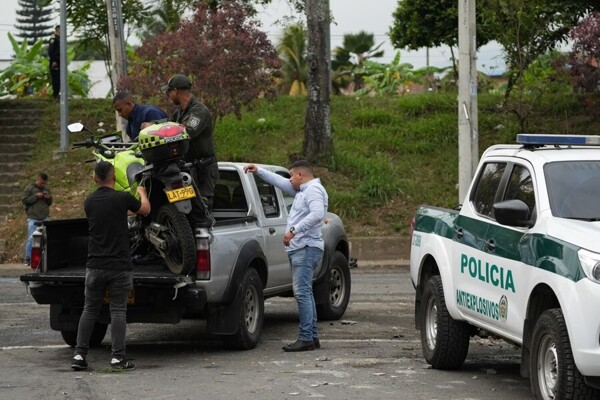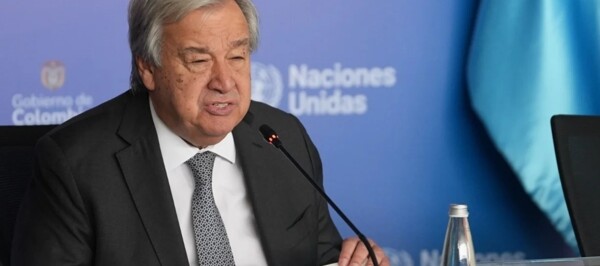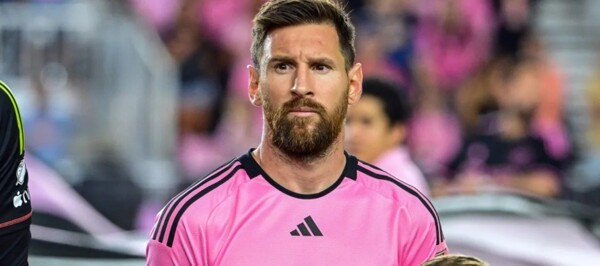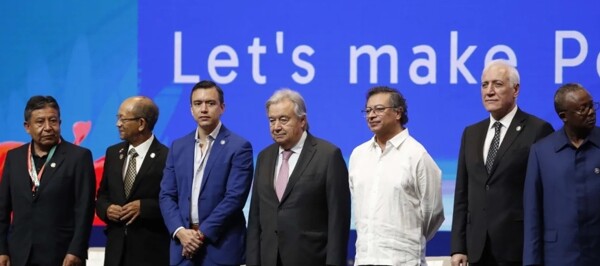Colombian President Gustavo Petro met on Monday with Bolivia's Vice President David Choquehuanca to discuss a collaboration aimed at combating the increase in coca crops in both countries and promoting their transformation into 'legal economies'. The meeting took place in Cali during the COP16 of biodiversity.
During the meeting, Petro and Choquehuanca explored possible strategies to address the rise in coca leaf cultivation. The main idea is to focus efforts on shifting these crops towards legal activities through joint work that facilitates the production and marketing of alternative products to reduce the impact of drug trafficking in the region.
In a context where the United Nations Office on Drugs and Crime recently reported an increase in coca crops in Colombia, this meeting is particularly relevant. According to UNODC data, in 2023 the crops reached 253,000 hectares, a 10% increase from the previous year, and coca production rose by 53%.
In addition to his meeting with Choquehuanca, Petro had other important meetings during the day. With the president of Haiti's Transition Council, Leslie Voltaire, he agreed to strengthen cooperation on issues like education and security, highlighting the need for support for the country in various aspects, especially in police training.
In another meeting with the President of Guinea-Bissau, Umaro Sissoco Embaló, they discussed strengthening ties in areas such as culture and tourism, with the aim of promoting economic growth and intercultural understanding between the two regions. Additionally, Petro spoke with economist Mariana Mazzucato about the potential of the Amazon region in water management and sustainability, emphasizing the importance of policies that prioritize conservation to turn it into a model of global sustainability.















